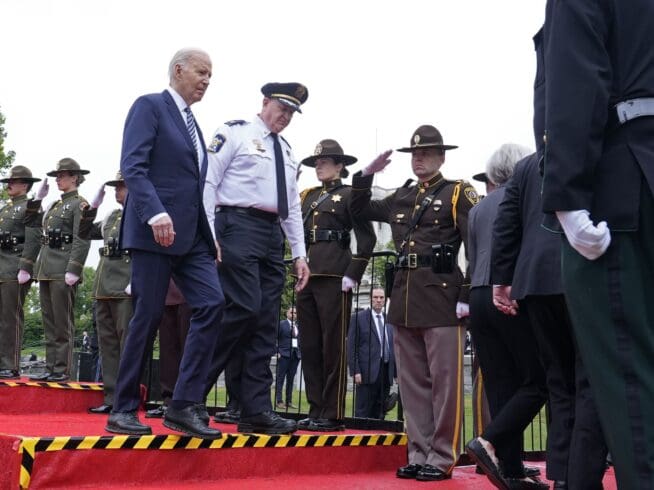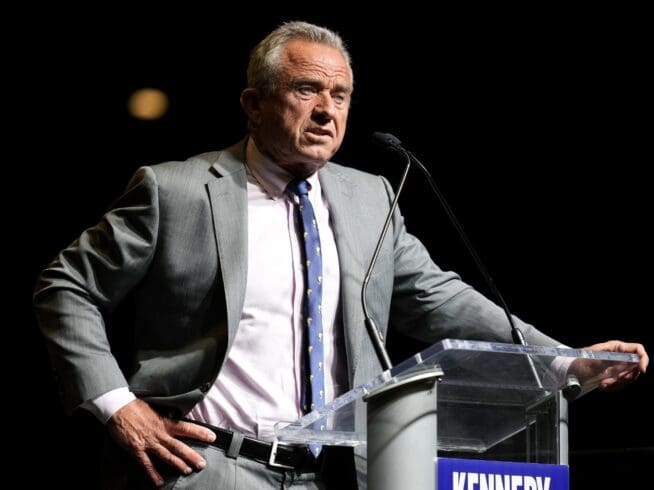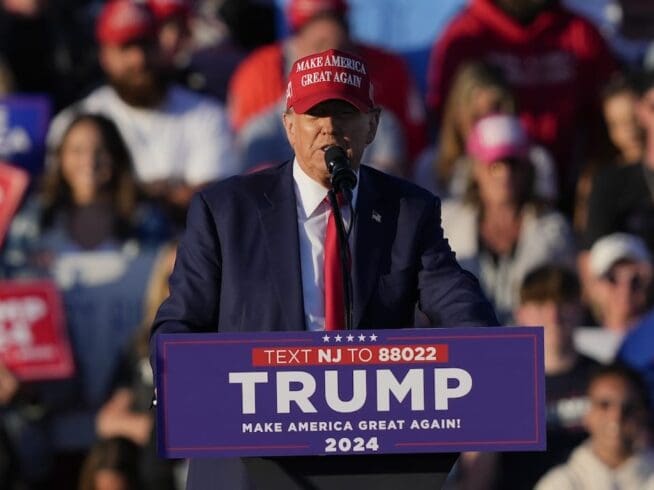Vice President Harris announces federal support for Michigan auto suppliers
The Department of Energy has set aside $50 million for helping the auto industry’s transition to electric vehicles.

Vice President Kamala Harris visited Detroit, Michigan, on May 6 to announce that small and medium-sized auto manufacturers in the state would be among those receiving federal investments to retool or expand their facilities.
Harris spoke at the Charles H. Wright Museum of African American History as part of what the White House has billed as a nationwide Economic Opportunity Tour.
“The strength of America’s economy is also based on the strength of America’s supply chains. We all learned that in the pandemic if we weren’t clear before,” Harris said. “This investment will help to keep our auto supply chains here in America, which strengthens America’s economy overall, and keep those jobs here in Detroit.”
The Department of Energy has set aside $50 million as part of the agency’s Automotive Conversion Grants Program, which will be used to help these businesses in the transition from making parts for traditional vehicles to becoming a part of the supply chain for electric vehicles.
President Joe Biden has set a goal that 50% of new cars and light trucks sold in 2030 will be zero-emissions vehicles, and the grant program is designed to accelerate that process.
The department has earmarked $50 million for businesses to upgrade their facilities in the areas of efficiency, cybersecurity and productivity.
The White House touted job growth in the auto industry under Biden, noting that 250,000 jobs have been added in the sector since 2021. The administration also cited recent agreements between labor unions and the Big Three Michigan-based automakers, Ford, General Motors and Stellantis, as a way to ensure future jobs will have wages and benefits comparable to today’s.
In 2023, Biden became the first sitting president to join a picket line with organized labor during the United Auto Workers strike against the auto industry.
Harris contrasted the Biden administration’s approach to economic issues with the policies of former President Donald Trump.
“The last administration invested [in] access to tax cuts for billionaires; we are investing in access to capital for entrepreneurs,” Harris said.
Trump signed the Tax Cuts and Jobs Act in 2017, significantly cutting taxes for wealthy individuals and large corporations. The legislation failed to stimulate growth in the economy, as Trump had promised during the 2016 presidential campaign.
Signature legislation that has become law under Biden – the American Rescue Plan, the Infrastructure Investment and Jobs Act, the CHIPS and Science Act and the Inflation Reduction Act – has prioritized the use of public funds to spur economic growth with facilities based in the United States.




